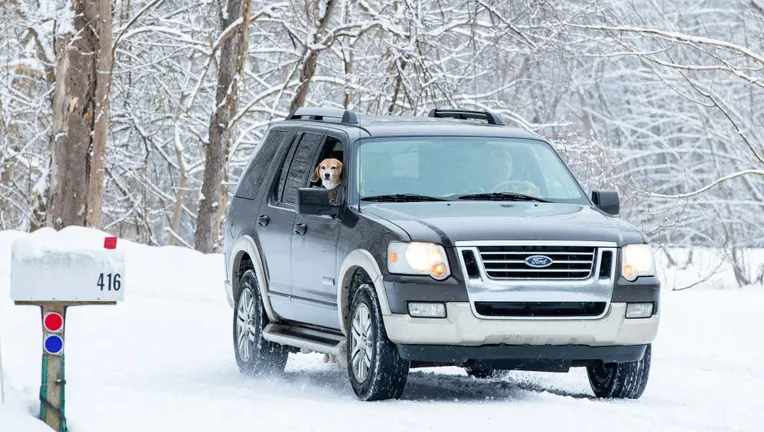Effective Ways To Care For Your Car During The Winter Season
Winter brings the hassle of warming up your car, scraping the windshield, and shoveling snow, making vehicle maintenance challenging. With so much to remember, it can feel overwhelming for car owners. Here are some effective tips to keep your vehicle in top shape during the winter, ensuring safety on the road and boosting your confidence in your car's durability.
Make The Switch To Winter Tires
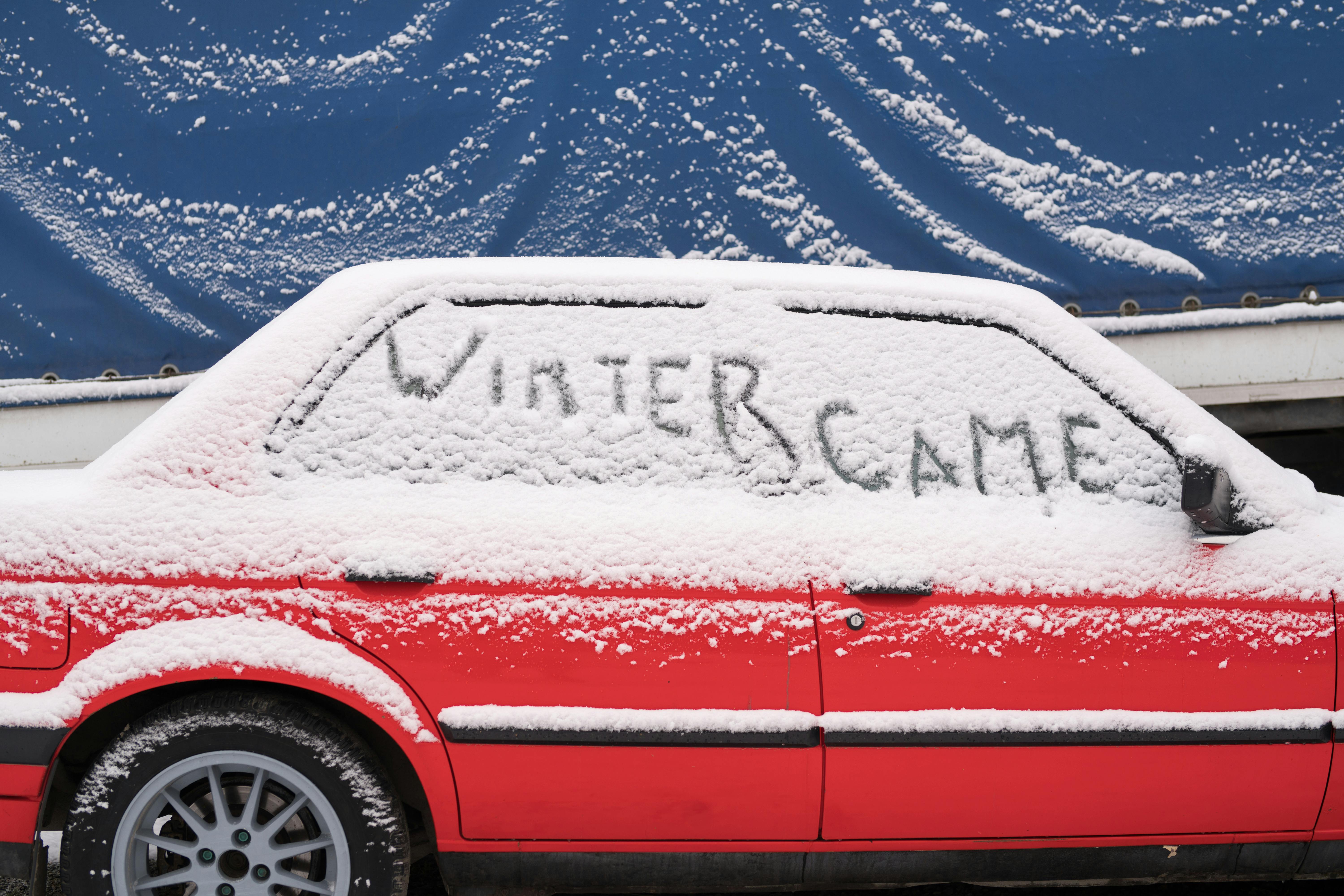
Winter tires are crucial for added traction on snow, ice, and slush, staying soft in cold weather for better control. Unlike all-season tires, which harden and wear in winter, they help prevent accidents, making the $250–$600 cost a worthy investment. Stay tuned for a quick tip on handling covered windshields.
Purchase Winter-Ready Windshield Wipers And Wiper Fluid

Winter brings snow, frost, and freezing rain, making clear windshields crucial for safe driving. Windshield wipers and defrosters help, but keeping wipers in good condition is essential, as they wear out over time. Contrary to popular belief, leaving wipers upright can cause damage in windy conditions. Instead, regularly clean off ice and debris and place plastic bags over wipers when parked to protect them.
Make Sure That Your Gas Tank And Oil Are Filled

Winter driving can be stressful, but keeping your gas tank above a quarter full helps avoid being stranded in the cold. It's also important to check your oil, which should be replaced around every 5,000 miles, and switch to synthetic or 5W oil for better performance in colder weather. These simple steps reduce stress and help ensure safe winter driving.
Antifreeze Is Your New Best Friend
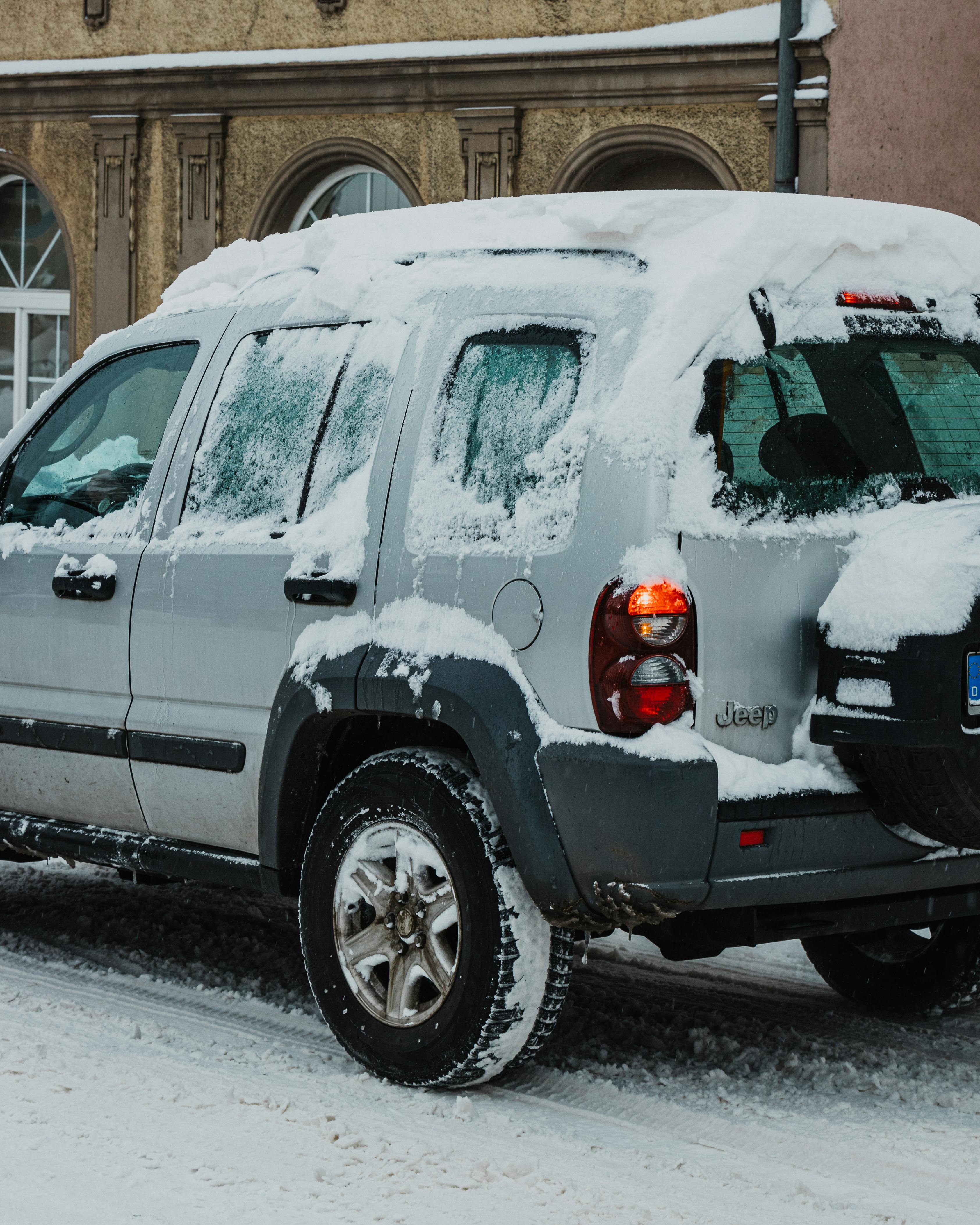
Antifreeze is crucial for keeping car engines running smoothly in both cold winters and hot summers. It prevents engine damage by lowering the freezing and boiling points of liquids, helping avoid frozen fluids and expansion. A 50:50 water-to-antifreeze ratio prevents engine issues like erosion and freezing, making antifreeze essential in cold climates.
Car Battery

Car batteries typically last 3-5 years, and it's important to check them every six months for signs of replacement, such as swelling or a sulfur-like smell. Many vehicles also have a battery warning light to alert you when a change is needed. In winter, staying on top of battery health is crucial to avoid being stranded or delayed, and replacing it is as simple as visiting a local shop.
Look For Four-Wheel Drive
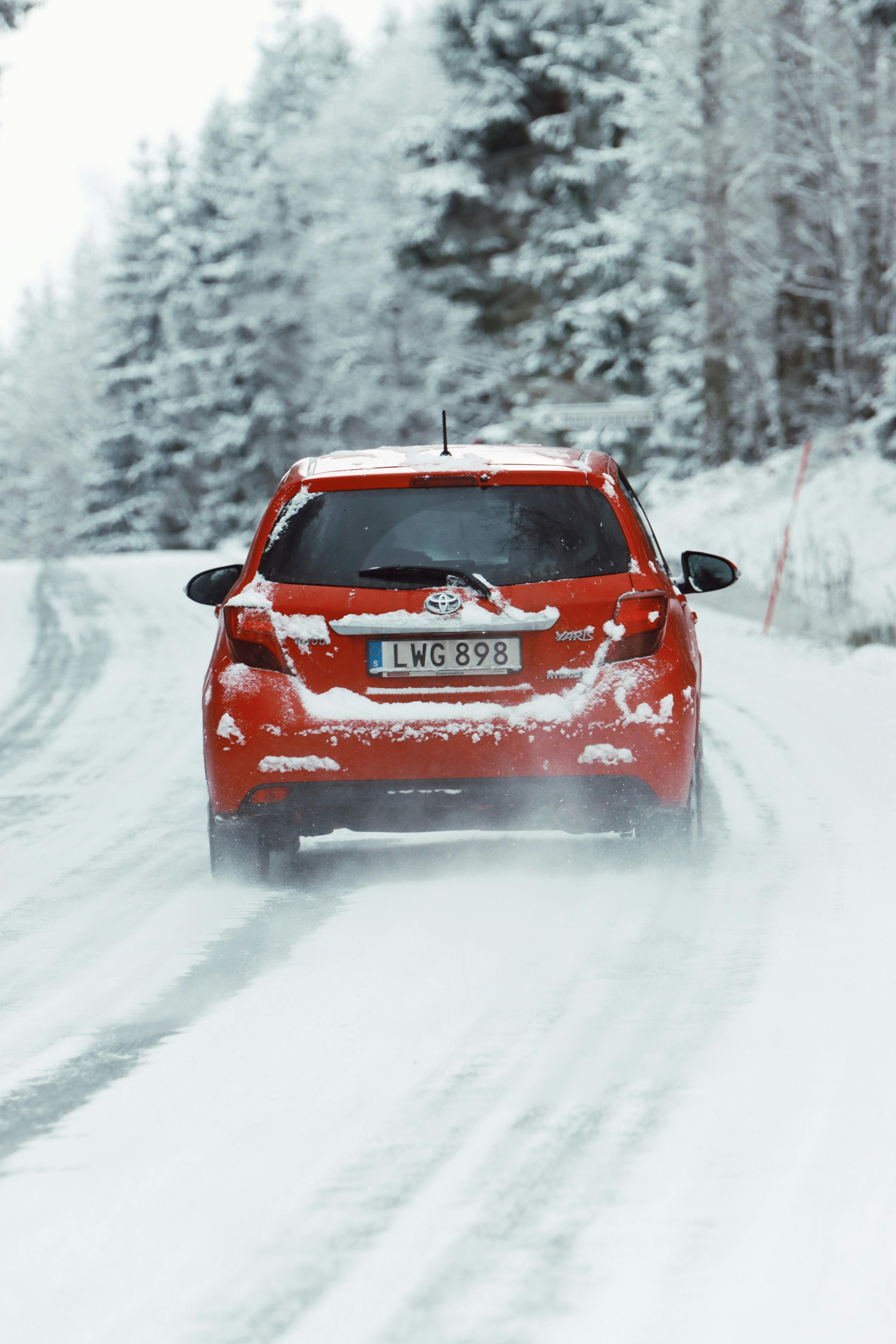
Winter can be especially challenging for drivers in northern regions, but four-wheel drive (4WD) vehicles make it more manageable. 4WD, common in SUVs and trucks, distributes power evenly to the front and rear axles, providing better traction on snow-covered roads, especially with snow tires. However, even with 4WD, drivers should still exercise caution and avoid reckless behavior like doing donuts in snowy conditions.
Remember To Bring Your Gloves And Blankets

Winter driving is more dangerous due to unpredictable road conditions and inexperienced drivers, but many overlook the importance of dressing warmly. Cold hands and shivering can affect your ability to drive safely, so it's crucial to dress appropriately. In case of emergencies like a dead battery or getting stuck, having extra clothing, blankets, gloves, and pocket warmers in your car ensures you're prepared for the worst.
Keep An Emergency Kit On Hand

Having an emergency kit in your car is just common sense. While you may feel confident in your driving, you can't predict the actions of others or unexpected incidents. An emergency kit can be invaluable for addressing injuries, rerouting traffic, or even putting out a small fire before help arrives. It takes up little space and is a smart safety precaution it is always better to be prepared!
Remember To Remove Necessary Technology

Technology like GPS, radios, and auxiliary devices can make road trips more enjoyable, but leaving them in your car during freezing winter temperatures can cause permanent damage. While some gadgets can handle the cold for short periods, one bitter night can ruin your devices. To keep them in good condition, always bring them indoors when you’re away from the car for extended periods.
Purchase Proper Floor Mats
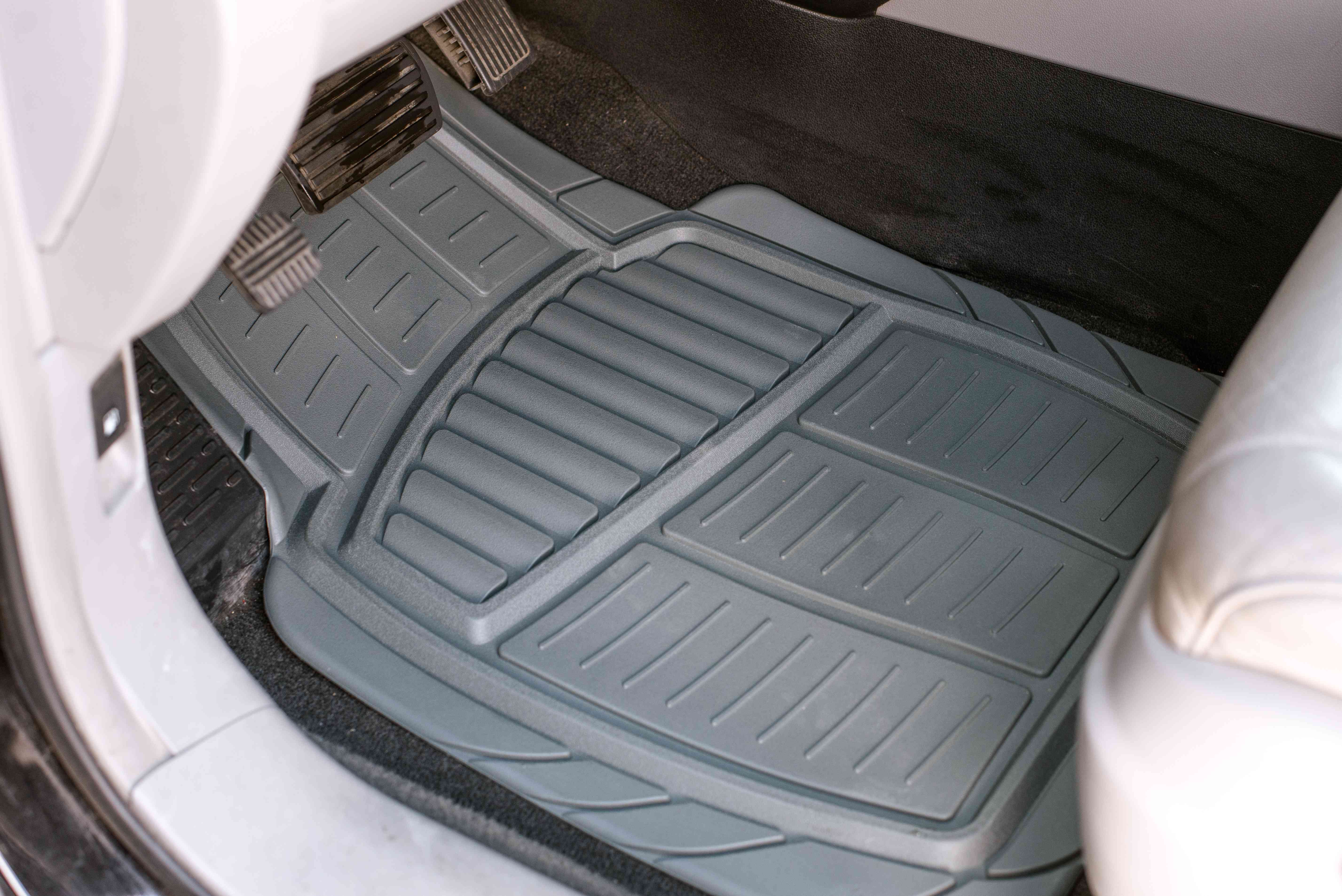
Floor mats are often overlooked, but switching to rubber ones in winter can prevent salt stains and water damage in your car. Rubber mats trap water and debris, making cleaning easy with a simple rinse. While not essential, using them saves time, money, and effort in maintaining your vehicle’s cleanliness during winter.

